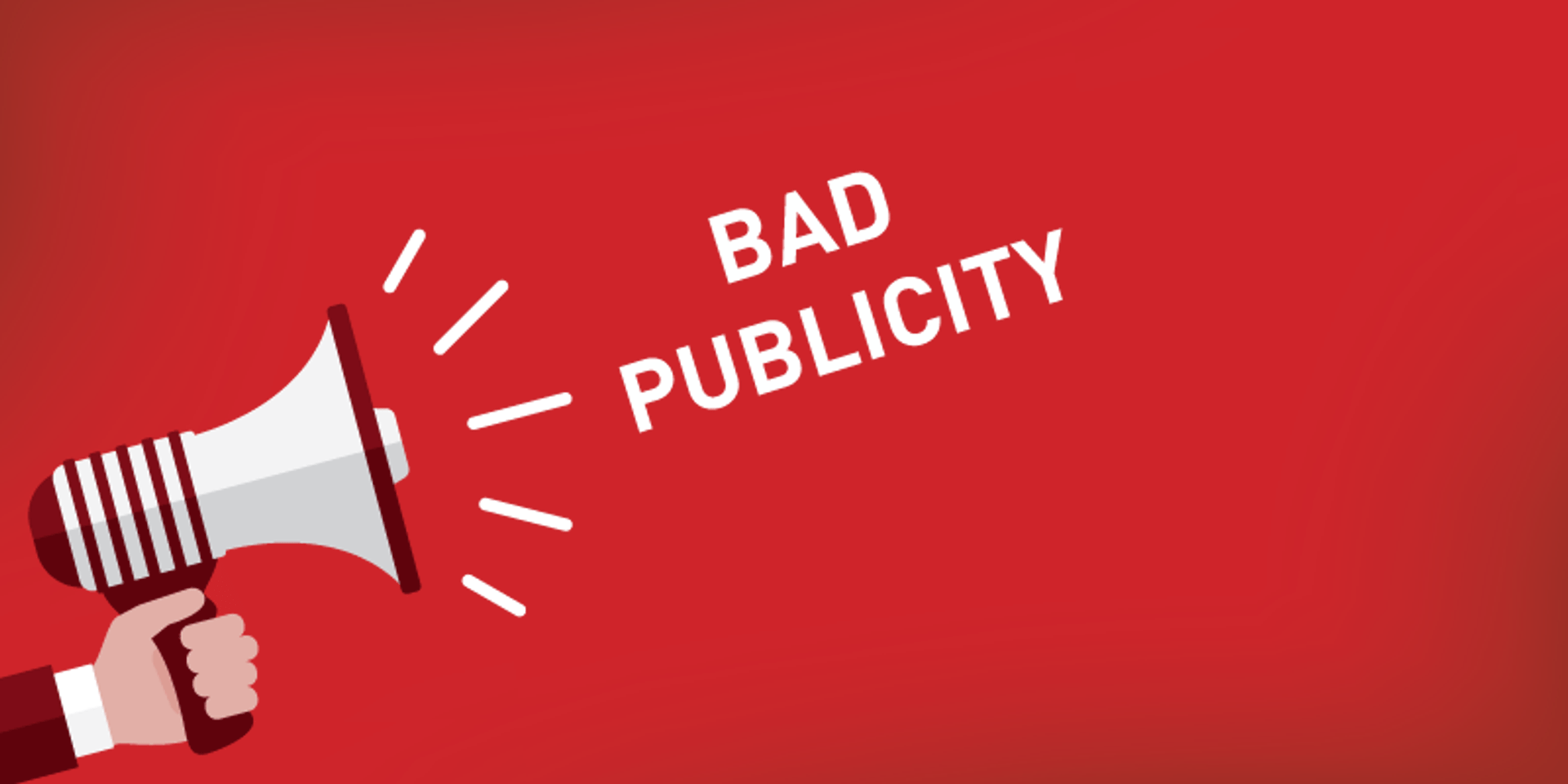How to use bad publicity in your company’s favour
Be it an unsatisfactory customer experience, a management mistake or a product malfunction, bad PR is not that far away. What is important is how your company responds to these media-scrutinised blunders and turns them into an advantage.
The primary reason folks get bad publicity is because they are not genuine, have failed to take action at the right time or have tested the patience of their clients and customers. It is not rocket science; you need to be honest and transparent in your operations in order to avoid incidents like these. Sometimes, even when you and your organisation behave responsibly, you run the small risk of an unexpected PR disaster. In this age, bad publicity can reach the masses before you even think of mounting a defense. Take a cue from these four companies that handled bad publicity like pros.

Image : shutterstock
If your company does get bad publicity, here are a few ways you can handle it:
Examine the facts
Is the story out there accurate? Are the facts stated true? Communicate the reality to both external and internal stakeholders and keep it consistent.
Trust your credibility
Prevention of bad publicity also starts before your negative image comes into picture. If your business has been around for a long time or not, if it has built trust and credibility among customers and the corporate community, the impact of bad press will not be too significant.
Respond to complaints on social media
Social media has become a new avenue for customers to raise complaints about products and services. From the look of it, it may seem like a headache, but dealing with this publicity is the easiest. Companies can use social media to be aware of their customer’s complaints and apologise for their mistakes. Such moves only project the company as more transparent and humane. A successful business is all about transparency, authenticity, reliability and listening—and what better way to display these qualities than to rise up to the situation and admit your mistake?
Know when to remain silent
Sometimes, however, silence is the golden rule. Judge how much power the media house publishing bad news about your firm commands in the market. If they are a small firm that is relatively unknown, choose not to respond at all. If you do choose to respond, be diplomatic about it. Drive whatever action you take in a positive direction.
Let the hater do his job and kill his own credibility. One of the best strategies is to let go and see what happens once the person or company posting bad news about your firm starts raking up the issue. When you remain silent, chances are that your detractors become increasingly angry with your refusal to fight and start behaving more outlandishly. Ultimately, they lose their credibility.
Outperform yourself
Performance beats everything. What’s the best way to get away from a PR disaster? Outperform it. Take the example of Apple. Firing the Founder Steve Jobs was a big publicity blow to the company, and during that period Apple products were reported to being substandard. Once they got Jobs back, the company went on to produce unique products with killer designs that remain unbeatable till date. Even today, Apple is synonymous with Steve Jobs for most of us.
The best way to overcome bad PR is to treat your customers with great products and services and never give them a chance to question you. What are the ways you use bad PR for your firm’s benefit? Let us know in the comments section below.







